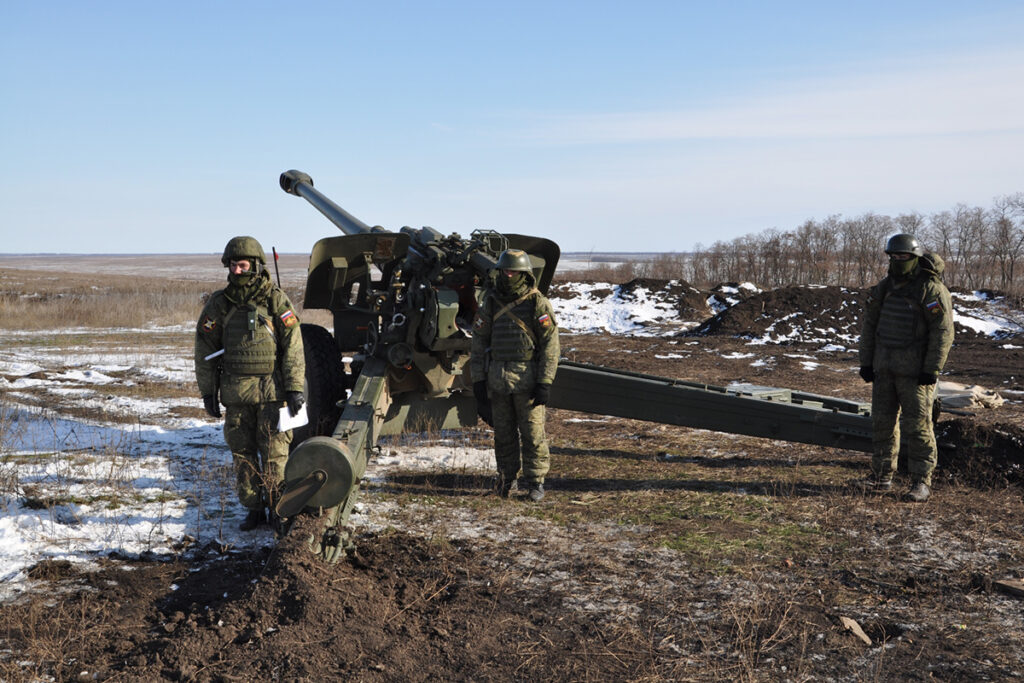Russian soldier kills commander as troop unrest grows in Zaporizhzhia Oblast, say partisans
Partisan intelligence reveals escalating violence within Russian units as commanders allegedly torture troops and demand bribes, triggering fatal confrontations and increased weapon restrictions.


Russian forces based in Ukraine’s Zaporizhzhia Oblast are grappling with internal strife, as dire service conditions reportedly push soldiers to acts of violence, according to the Atesh partisan movement.
The Atesh movement was created in 2022 after the beginning of Russia’s all-out war against Ukraine. It claims to have developed a network of saboteurs inside the Russian military and created an online course instructing Russian soldiers how to wreck their own equipment. In February 2023, it claimed 4,000 Russian soldiers were learning in its online course.
Occupying troops describe their conditions as intolerable, citing torture, intimidation, confiscation of mobile phones, and rampant corruption among commanders. Allegedly, commanders demand bribes and even seize soldiers’ payroll cards.
The partisan movement reports that on 14 January, a Russian soldier from the 64th Separate Motorized Rifle Brigade near Huliaipole wounded a sergeant and fatally shot his platoon commander with a 5.45mm Kalashnikov rifle.
Following the incident, Russian military leadership is said to be implementing stricter measures to control the use of personal weapons among troops.
Earlier, the partisans revealed that the Russian Defense Ministry dispatched a commission to the 1196th Motorized Rifle Regiment in the temporarily occupied part of Kherson Oblast in response to a rise in suicides and sabotage targeting watercraft by its soldiers.
Read also:
- Romania thwarts suspected Russian-directed sabotage attempt
- NATO base in Germany raises alert level amid Russian sabotage fears
- Ukrainian forces secure Toretsk, eliminate Russian sabotage groups
- Ukrainian missile strikes deep into occupied Crimea sowing “panic” among Russians – war analyst says
You could close this page. Or you could join our community and help us produce more materials like this.
We keep our reporting open and accessible to everyone because we believe in the power of free information. This is why our small, cost-effective team depends on the support of readers like you to bring deliver timely news, quality analysis, and on-the-ground reports about Russia's war against Ukraine and Ukraine's struggle to build a democratic society.
A little bit goes a long way: for as little as the cost of one cup of coffee a month, you can help build bridges between Ukraine and the rest of the world, plus become a co-creator and vote for topics we should cover next. Become a patron or see other ways to support.


